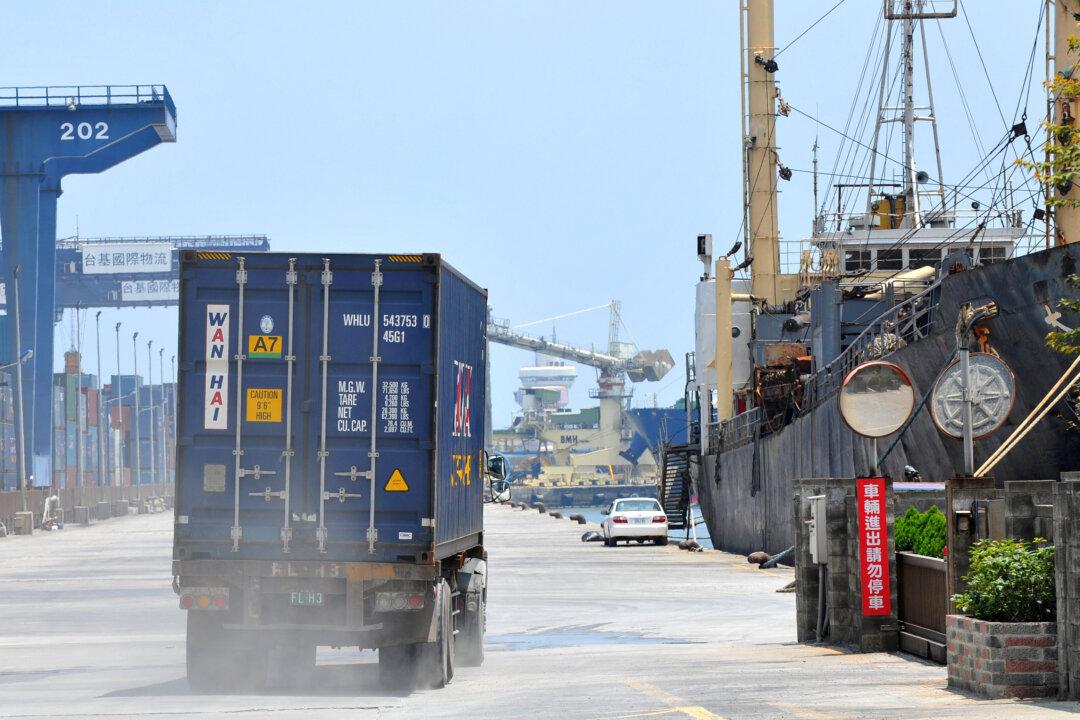Beijing appears to be amping up its efforts to delegitimize Taiwan.
Even though the self-ruled island has its own democratically elected government, military, and currency, Beijing insists on claiming sovereignty and regards Taiwan as a Chinese province that will be reunited with the mainland one day.
In recent months, the Chinese regime has aggressively pressured companies, countries, and airlines to adopt Beijing’s political agenda: recognizing only “one China” and marginalizing Taiwan on the international stage.
Now, news has emerged that Chinese authorities are forcing Taiwanese companies that export goods to China to recognize Beijing’s sovereignty claims.
An unidentified CEO of a Taiwanese biotech firm told Taiwan newspaper Liberty Times in an Aug. 27 report that distributors in China told him that Chinese authorities are requesting all products that are labeled “made in Taiwan” to be taken off the shelves immediately. They would only be returned to shelves if the company agreed to change the label to “China Taiwan region,” implying that Taiwan is an administered region under Beijing’s purview.
Liberty Times reached out to traders in China, who said that since the latter half of this year, “made in Taiwan” products for export to China have been stopped at customs. Officials asked for the goods to be labeled with “China Taiwan” or “China Taiwan region,” or they would be turned back, they said.
The biotech CEO expressed concerns that his firm’s products have a short shelf life and can’t sit for too long. Some Taiwanese businesses already have complied with the request.
Meanwhile, some biotech industry insiders told Liberty Times that China has been trying to lure Taiwanese biotech firms to set up factories in China. Some have mandated that, in order for a company’s new medicines to enter the Chinese market, the company must conduct clinical trials in China. As a result, some companies have been forced to choose between setting up factories in China, or complying with the new labeling rule.
Several Taiwanese media say that this is in violation of a 2001 notice issued by China’s Ministry of Commerce. That notice stipulated in the seventh provision that products from Taiwan be labeled as from “Taiwan,” “the Republic of China,” or “Republic of China Taiwan.” This was the standard practice, until now.
Another Company In Trouble
Meanwhile, China continues to harass international companies for not subscribing to Beijing’s sovereignty claims. In February, Japanese retailer Muji was forced to destroy copies of a product catalog after Chinese authorities discovered that a map appearing on them didn’t include the Japan-controlled Senkaku Islands and several islands in the South China Sea under Chinese territory. Beijing has claimed sovereignty, despite claims from other Asian countries.
In April, China’s aviation regulator gave international airlines a May 25 deadline to remove references on their websites or in other materials that suggest Taiwan, Hong Kong, and Macau are independent from China, a move that the United States White House has described as “Orwellian nonsense.” Several airliners have since complied with the request.




